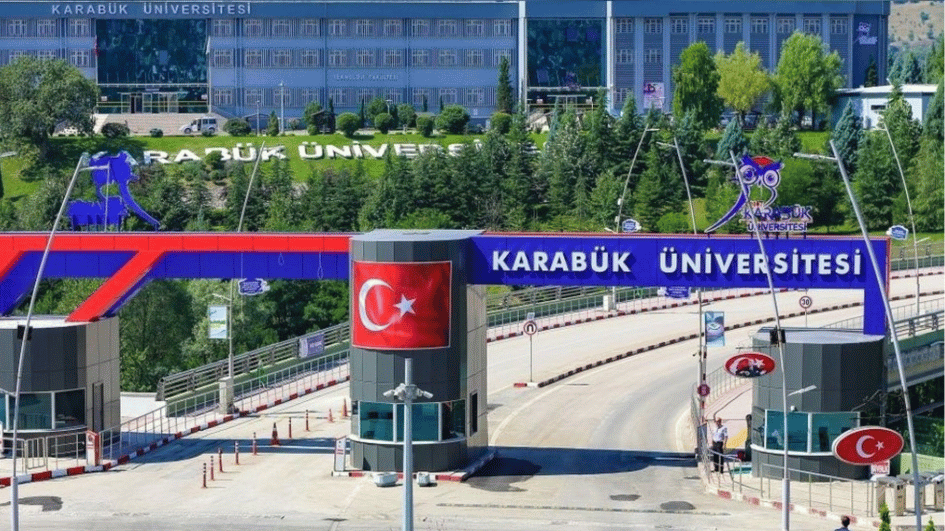Health bureau denies STD allegations amid debates on northern university
KARABÜK

The provincial health bureau has rejected allegations regarding a university in a small northern province in Türkiye that hosts thousands of foreign students, as some Turkish students anonymously claim to have contracted viruses after sexual encounters with international counterparts.
In a written statement released on March 23, the bureau said, “There is no significant change in HIV positive and HPV positive cases in our province. There has been no application to our health facilities about these viruses in recent days,” the statement said.
Some posts on an Instagram “confession page” allegedly belonging to students of Karabük University gained attention on social media, claiming that Turkish students contracted sexually transmitted diseases after engaging in sexual activities with African students at the university.
Some others reacted to the critics, labeling them as racists. The university has previously been associated with allegations of outbreaks of tuberculosis, scabies and malaria.
Messages on the page described students going to the hospital with suspicions of HPV or HIV.
These circulated messages on social media suggested that African students studying at Karabük University did not exhibit symptoms of these diseases but could be carriers.
With approximately 12,000 foreign students, mostly from African countries, the high number of international students at the university has previously come into question, especially after the discovery of the body of a 17-year-old Gabonese student on March 25, 2023.
While allegations once circulated about the involvement of a prostitution ring in the Gabonese girl’s death, the case remained unsolved.
The disproportionate ratio of Turkish students to foreign students in some departments, with only two to three Turkish students in classes of 50, and the presence of academics from the Middle East and African countries among the faculty, earlier sparked criticism.
Several reports said that the influx of foreign students in this small northern city is primarily motivated by financial gain, with claims of significant revenue being generated from foreign students throughout the registration process to graduation.
















